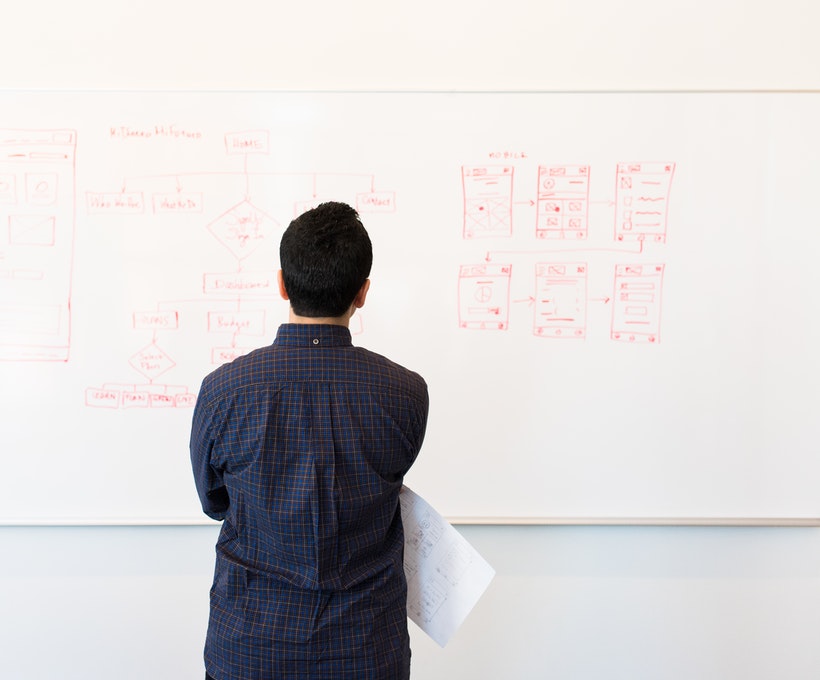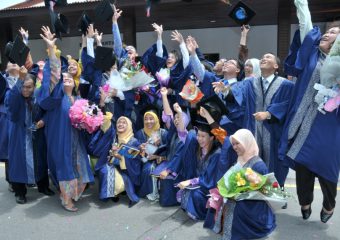In school, students have often been told that cultivating critical thinking skills is necessary for further studies and future jobs.
However, the term ‘critical thinking’ is often described without proper explanation, thus giving students a lack of understanding on its practical relevance.
Actually, critical thinking is something that we all have been learning and sharpening over time to help us make better decisions, process information effectively and express our thoughts more clearly.
The skills required to think critically are various soft skills that might be taught separately, but are best utilised together. Among them are analysis, communication, creativity, problem solving and open-mindedness.
The more capable we are at thinking critically, the better we are in our studies and the more employable we become in the future. Here are some ways to hone your critical thinking abilities:
Ask further questions
Rather than just questioning the ‘what’ part of a certain problem, go further and ask ‘why’, ‘how’ and ‘what if’.
Asking open-ended and probing questions will encourage you to get know the core of the problem by interrogating it for solutions before assuming its complexity.
Make this a habit and you will be able to eventually form your own opinions and engage with materials beyond the superficial level, which is essential when you are participating in a discussion or seeking clarification.
Improve your brain function
Just like physical exercise, our brain also needs some regular workout to function efficiently and there are a few things that you can do to exercise your brain.
For instance, try getting your hands in problem solving activities. These can be theoretical (e.g. Maths and Physics questions), personal (e.g. figuring out how to accomplish multiple tasks in a day by prioritizing) or even fun (e.g. puzzles, word games, video games).
Diversify your thoughts
Critical thinking encourages you to think about how you form your opinions based on the evidence you have gathered to support them.
Simultaneously, it allows you to reflect on certain beliefs and assess your source of information.
However, it is also essential to be mindful of your own biases by diversifying your thoughts.
For this, you can share your thoughts with others and listen to their perspectives. You can even read more books by authors outside your usual norm.
Furthermore, it would help to hone your critical thinking skills if you conduct empathy exercises that place you in an unfamiliar situation or in other people’s shoes.
All of these can make you a better thinker and help you to continuously develop intellectually even after graduating.
This is a weekly column by SarawakYES! – an initiative driven by Faradale Media-M Sdn Bhd and supported by Angkatan Zaman Mansang (AZAM) Sarawak – to provide advice and stories on the topics of education and careers to support Sarawakians seeking to achieve their dreams. Join us on Facebook, Twitter, Instagram and YouTube.
First published in the Borneo Post in print on 27th June 2020.
Photo by Christina Morillo from Pexels.



